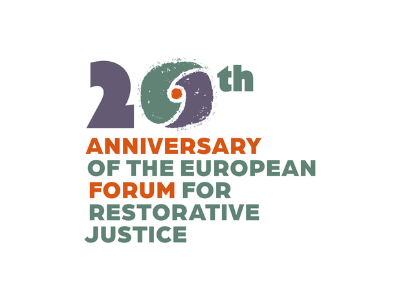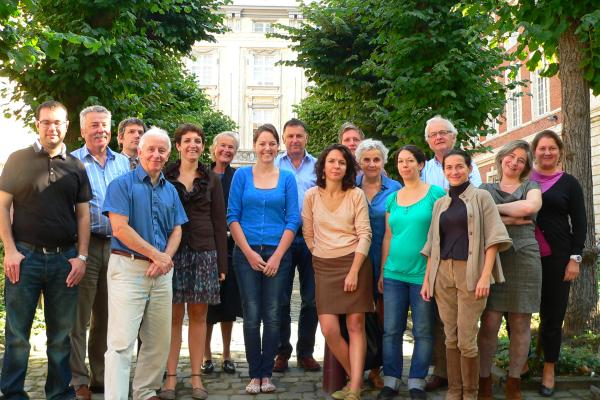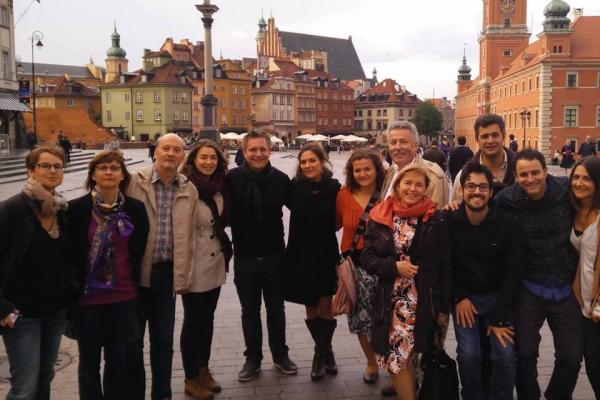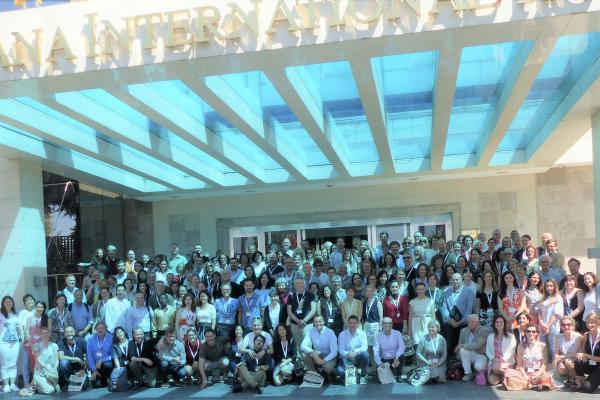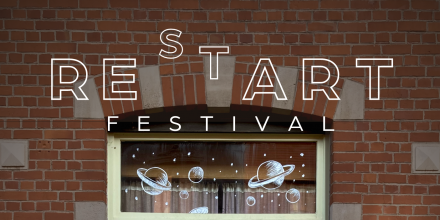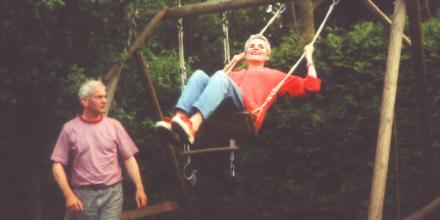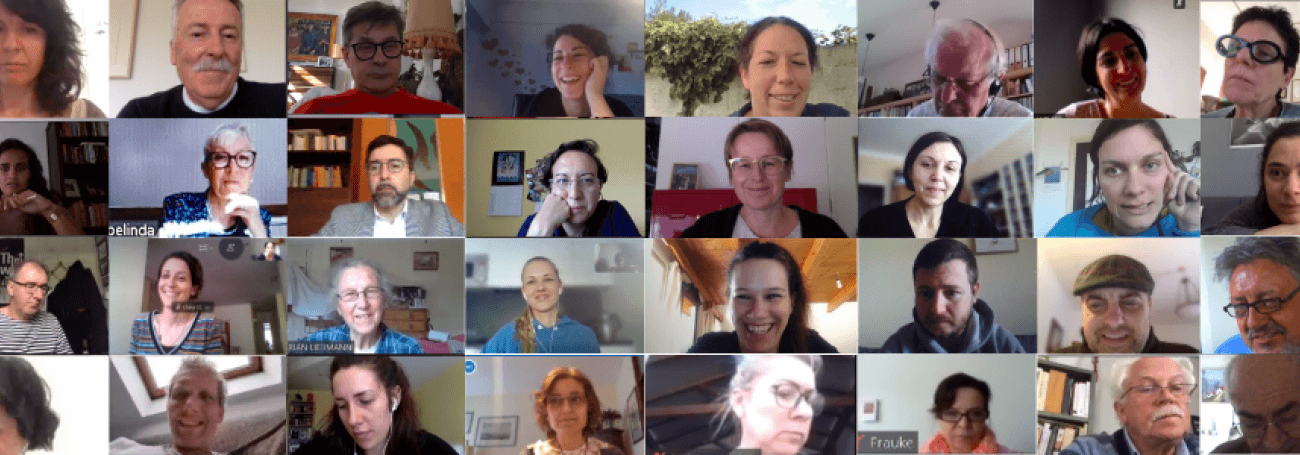
2020 marks the 20th anniversary of the European Forum for Restorative Justice (EFRJ). Since our first year in 2000, the EFRJ and his network has been working tirelessly to raise public awareness of restorative justice and its benefits, to influence public policy so that restorative justice is available, well resourced and accessible to all who need it, and to promote excellence in research and practice. All of you played a crucial role on the enduring history of the organisation. Now is time to celebrate and we encourage you to join us on the different initiatives we’ve launched for this occasion!
We started the celebration of our anniversary by launching a new and fresh visual style and a new slogan: “Connecting people to restore just relations”. Next, we launched a call for testimonies, to give a voice to all those people who participated in restorative justice programmes in the past years. We also encourage our members to contribute to the Jubilee Magazine, a collection of articles on the past, present and future of the EFRJ and the restorative justice movement. We will conclude the year with the REstART Festival, a mix of online and live events on arts, justice, solidarity and repair.

